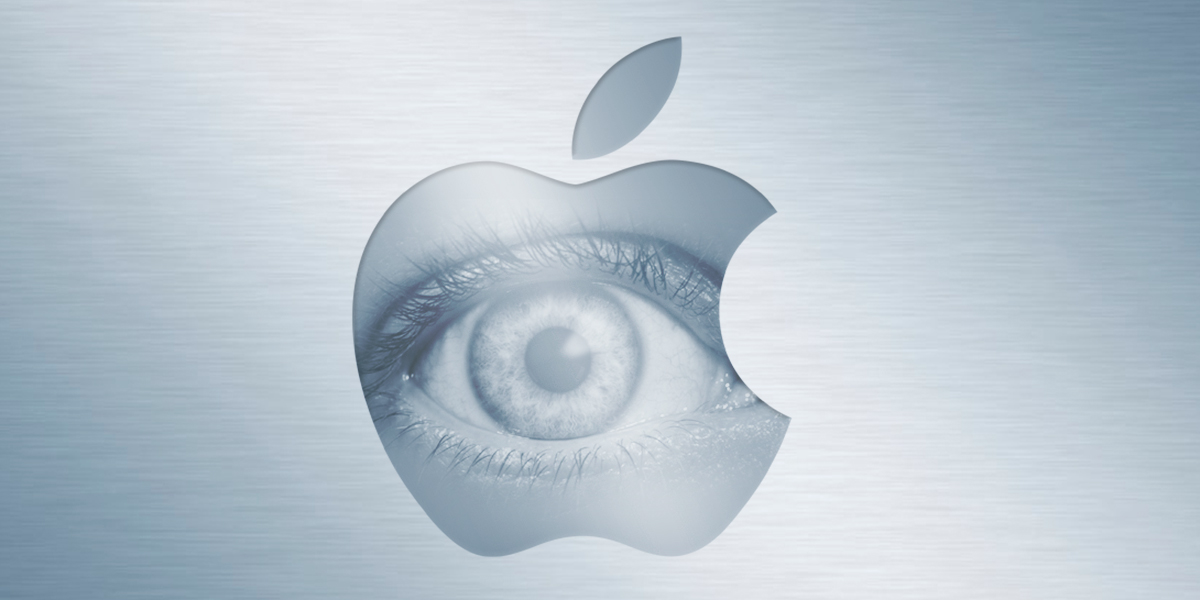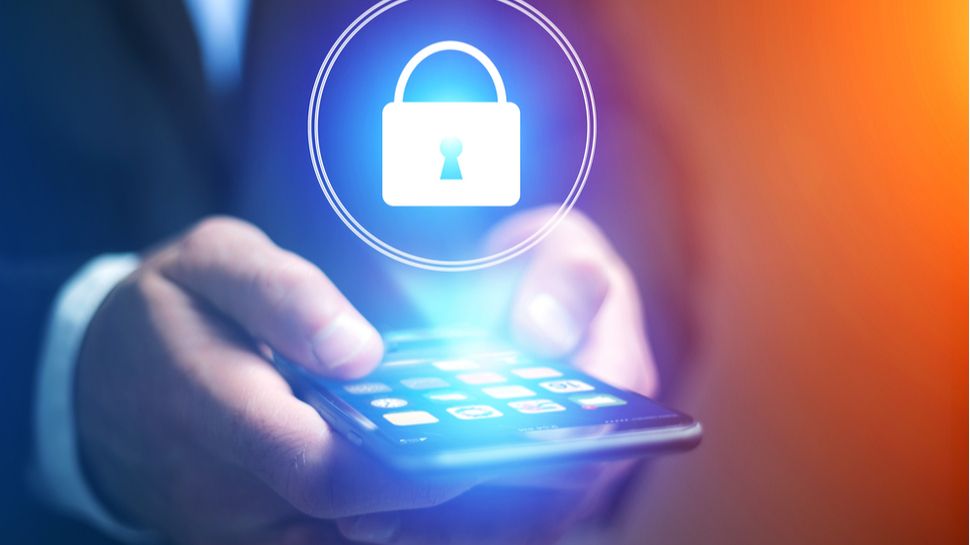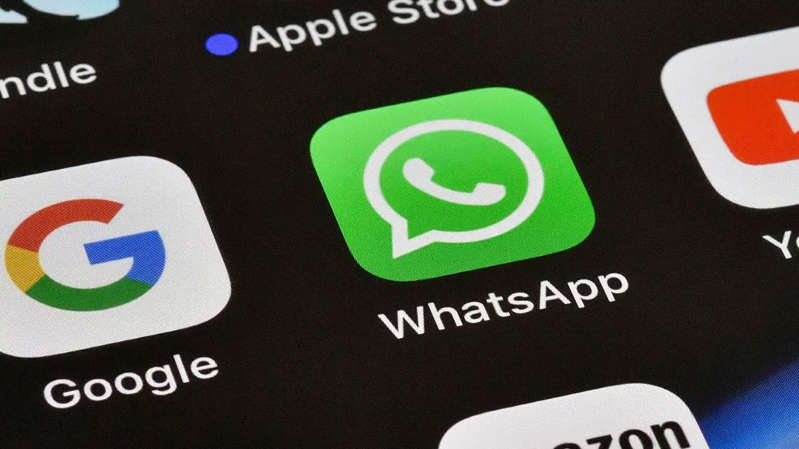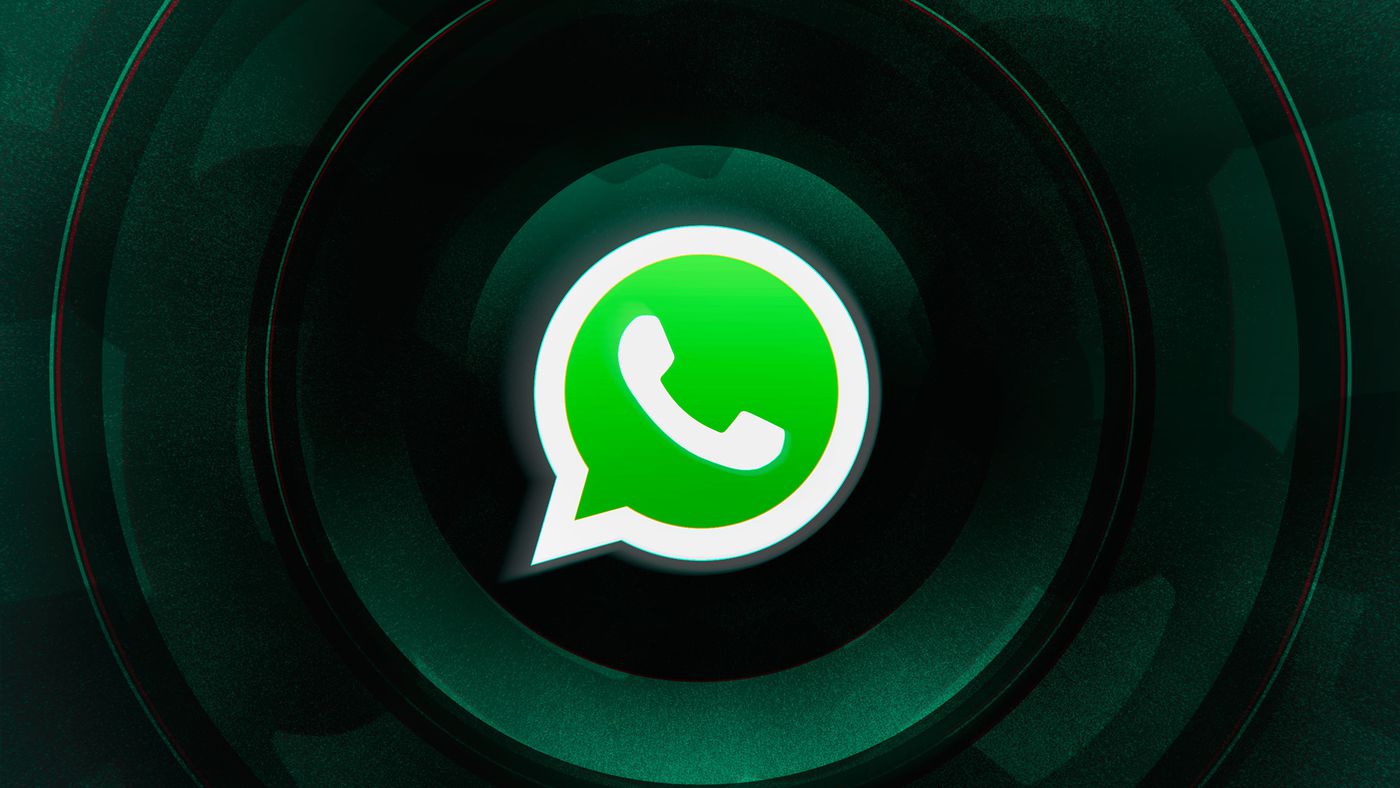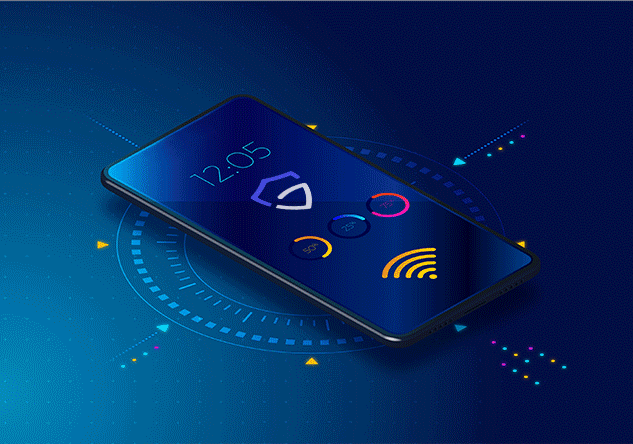Not long ago, Apple notified users (and the world as a whole) of their plan to scan photos uploaded to iCloud and/or sent through iMessage. The new policy was introduced in an attempt to identify and report any sexually explicit material involving children.
Apple has long maintained that they are committed to prioritizing user privacy. In fact, security is a significant selling point for many of their devices and products.
The goal which Apple is attempting to accomplish is undoubtedly noble, and will hopefully help in the fight against child sexual abuse. However, as far as Apple’s long-held commitment to privacy is concerned, there now seems to be some discrepancy.
Can they still claim that they offer end-to-end encryption if they are scanning messages and photos?
What Exactly Is Apple Proposing?
Specifically, Apple’s new photo scanning policy will work as follows:
- Photo scanning software will be included within iCloud and iMessage.
- Prior to any photo being uploaded to iCloud, it will be compared against available data in the National Center for Missing and Exploited Children.
- Furthermore, any accounts associated with users who are underage will have all content automatically scanned for any exploitative material.
- If any sexual content is detected, the parent of the underage user associated with said account will receive a notification.* The photo will then be rendered unrecognizable on the child’s device.
*Note: these notifications can be managed on the parent and child’s device. Parents can turn off notifications, if they so choose.
While these changes may seem like a considerable leap from Apple’s previous practices, this policy is merely an extension of a similar program from just a few years back.
iCloud Email Scanning
In 2019, Apple instituted a policy in which they would disable any user iCloud email accounts which were found to contain inappropriate images or material containing minors. The original language used in this policy update was fairly vague. But truthfully, this new update to include iMessage and iCloud photos is simply a small addition to a policy that was already in place.
What Does End-to-End Encryption Really Mean?
It would seem as though this new policy, discussed in the previous section, is inconsistent with end-to-end encryption. However, this warrants a brief look at what, exactly, end-to-end encryption means.
Essentially, end-to-end encryption means that data is protected while it is being transmitted from the sender to the recipient. Let’s take a look at a hypothetical example to illustrate end-to-end encryption:
If User A is typing a text message on his phone, the message isn’t encrypted until he presses send.
As the message travels from User A’s phone to User B’s phone, the content is encrypted until it is received and opened by User B. When a message reaches it’s intended target (i.e. User B’s phone), it is then decrypted so that User B can read it.
Therefore, Apple is still practicing end-to-end encryption with the announcement of this new policy. This can be confusing for many Apple product users who might be under the impression that end-to-end encryption means that Apple can never access their messages.
What are Proponents of the New Policy Saying?
Those who have long sought ways to prevent the exploitation of children have applauded Apple’s decision. They see this new policy as a step in the right direction, and one that will hopefully lead to the end of sex crimes against minors.
Many parents are also in favor of this policy, as it gives them some piece of mind that they can better monitor their children’s online activity. In the current era where technology is evolving at a rapid pace, it can be hard for parents to stay on top of changes and ensure that their kids are being safe online. Therefore, this new policy is appreciated by many groups of parents.
What Are Critics of the Policy Saying?
Basically, opponents of Apple’s photo scanning announcement fear that the policy could easily extend much further than it currently does and completely sacrifice privacy. Security and privacy advocates are not against measures to stop child exploitation, they just fear that vague policies can create even larger problems down the road, and may not even stop the problem they set out to solve.
To their credit, Apple has listened to some of these criticisms, and announced that they will revise and walk back some elements of their new policy. Specifically, they have agreed to narrow the language and types of images that will be scanned. This change came in response to some LGBTQI+ groups and others who took issue with the previously defined search terms. Further, parents who opt in to receive notifications about their child’s activity on an Apple device can do so for children who are younger than 13. Children aged 13-17 will receive a warning notification themselves, but their parents will not receive an automatic notification if the child clicks on a flagged image.
True Security with Ghost
If you’re like many people, you probably have very mixed feelings about Apple’s new policies.
On the one hand, everyone should agree that exploitation of children is wrong and should be stopped. It is a horrible crime to take advantage of a minor and those who do so should suffer consequences.
On the other hand, privacy is important to us. One can envision a “slippery slope” with this new decision in which Apple may, in the future, decide to expand its policy and access all messages, regardless of content.
It’s a tough line to walk between safety and security, and one that requires much debate and discussion throughout society.
If you are looking for a service that will always maintain the highest level of security, consider switching to Ghost. Ghost is, and always has been, completely committed to user privacy. There are no backdoors or loopholes through which your messages can be accessed by anyone but you and your intended recipient. You can rest easy in the fact that any message you send with Ghost will remain secure and private forever.

